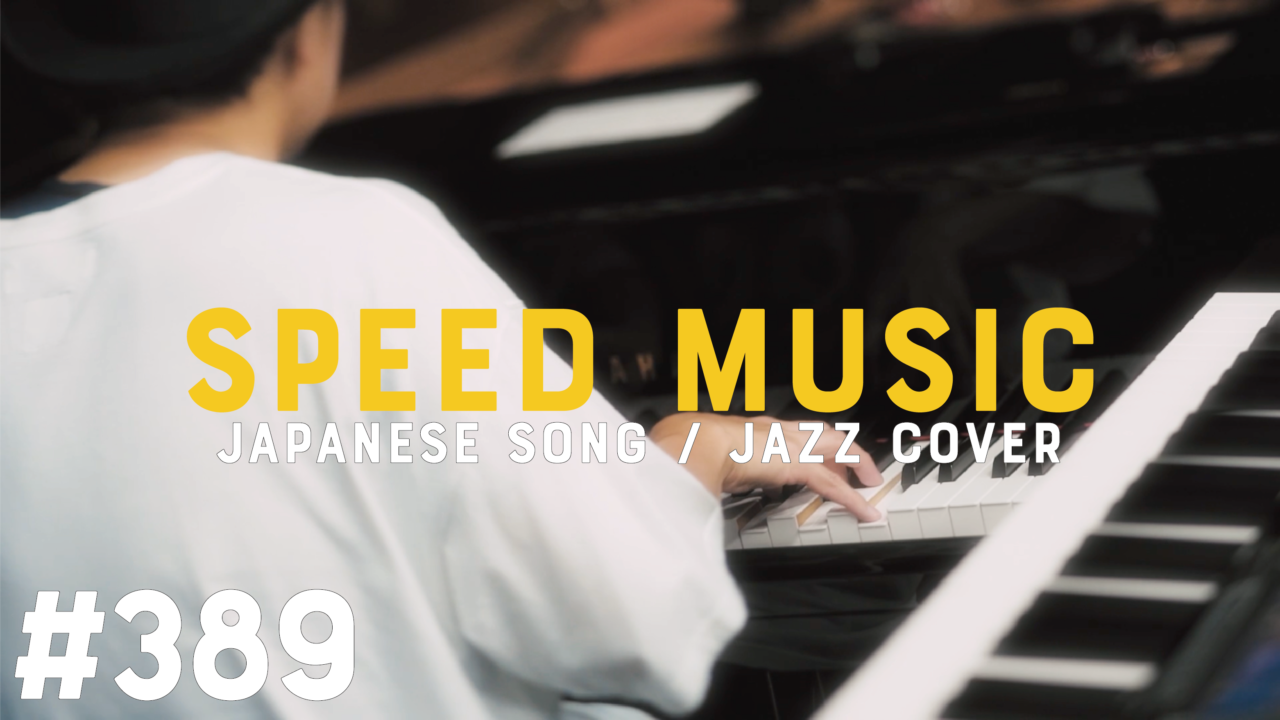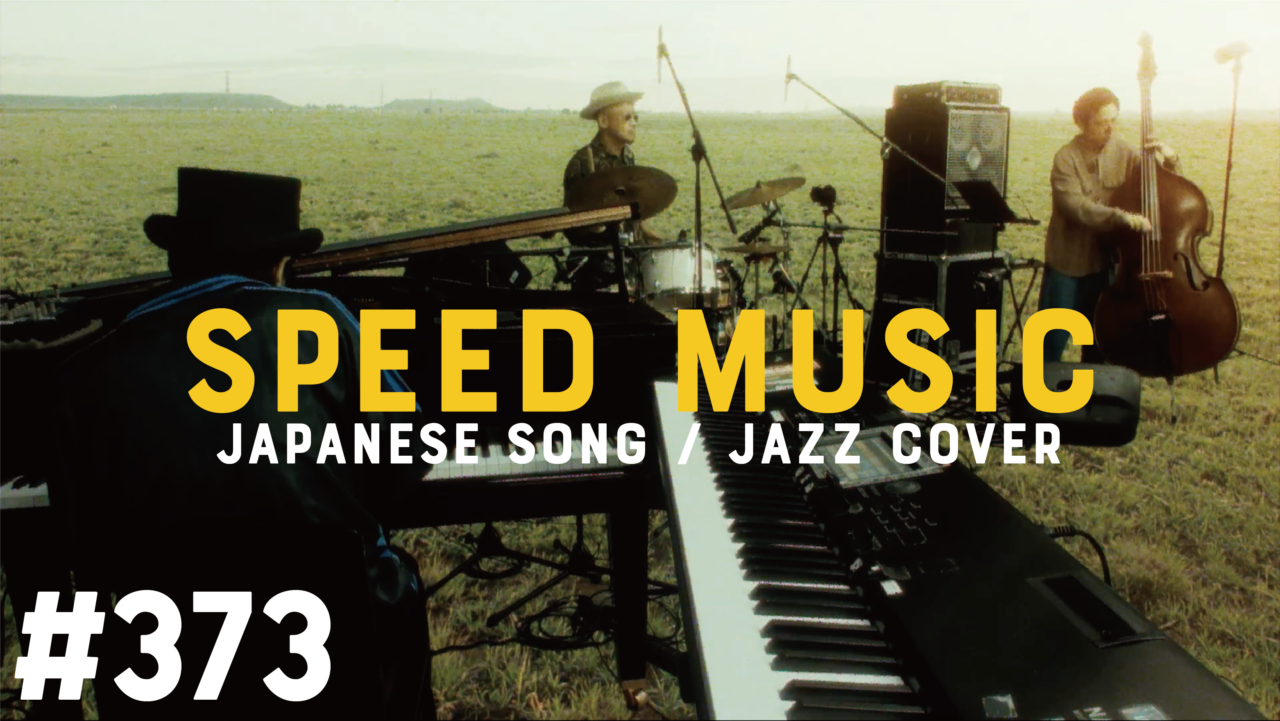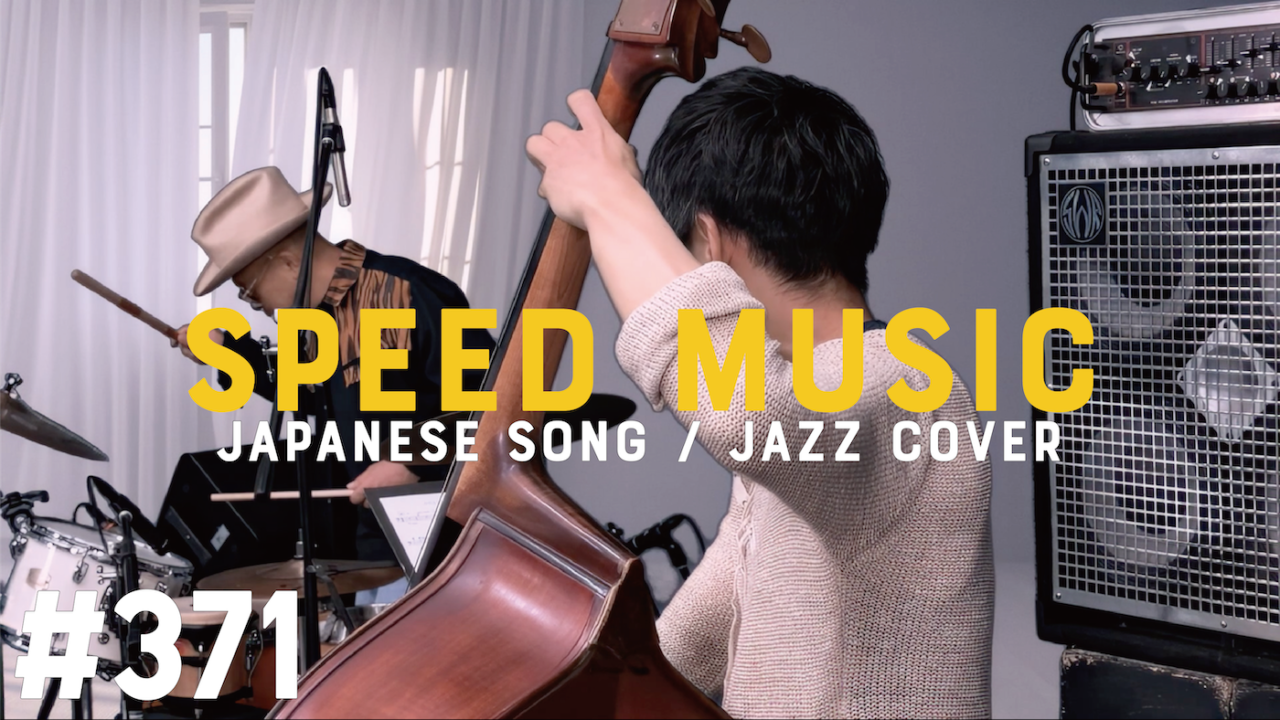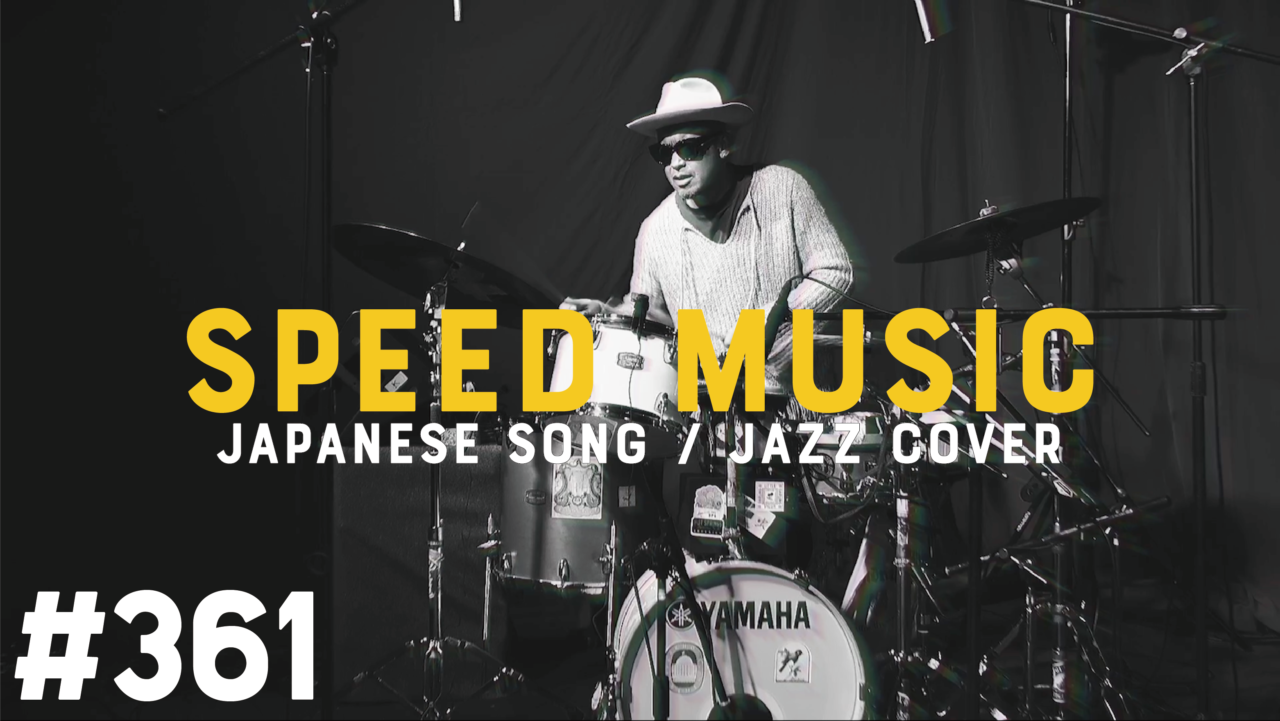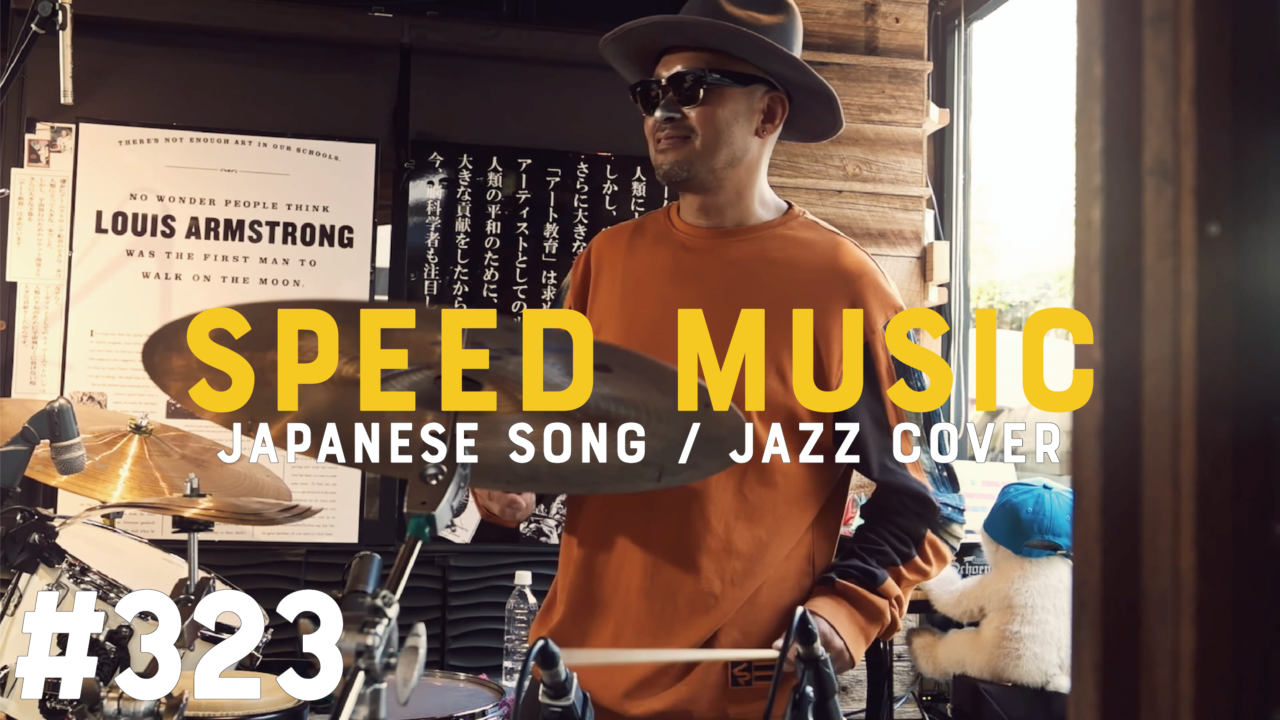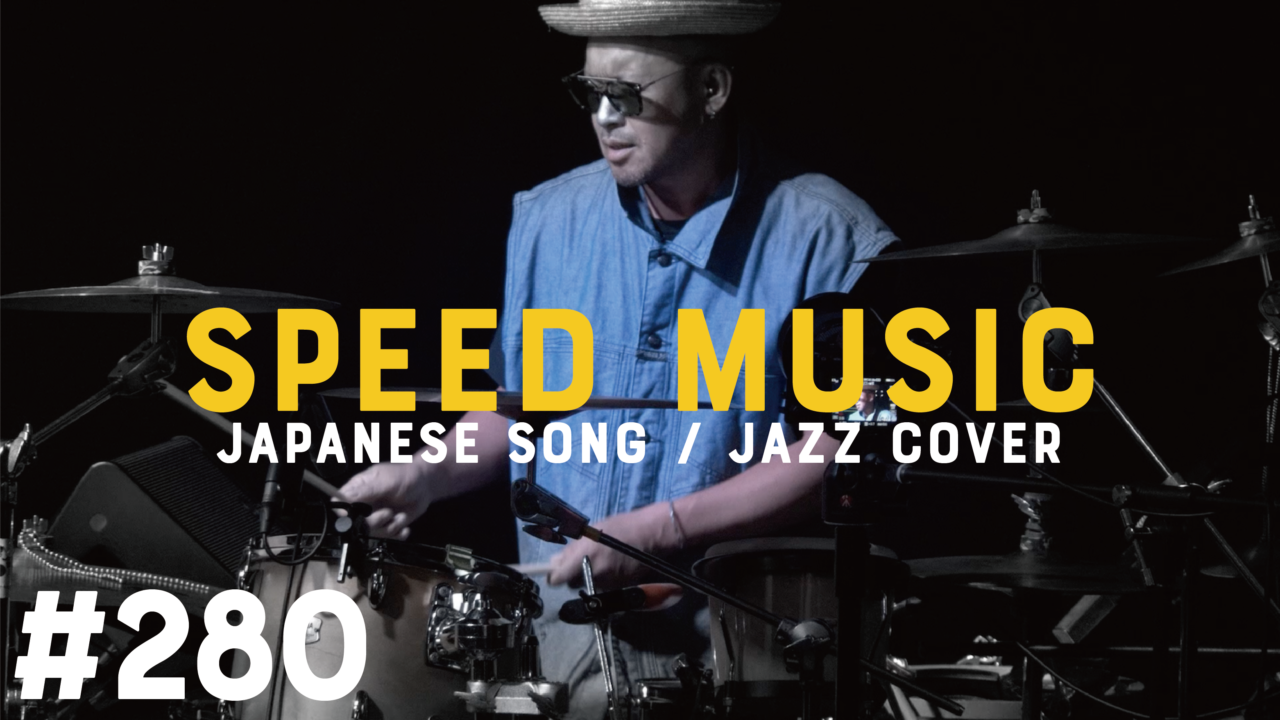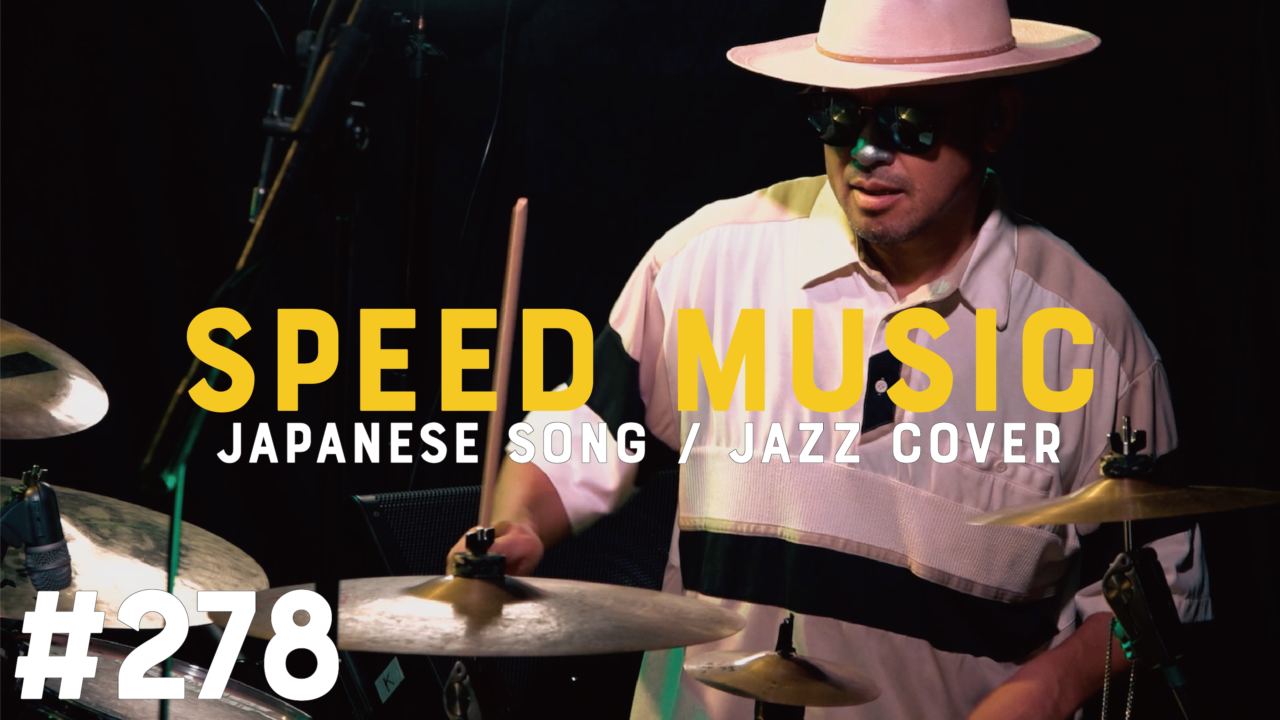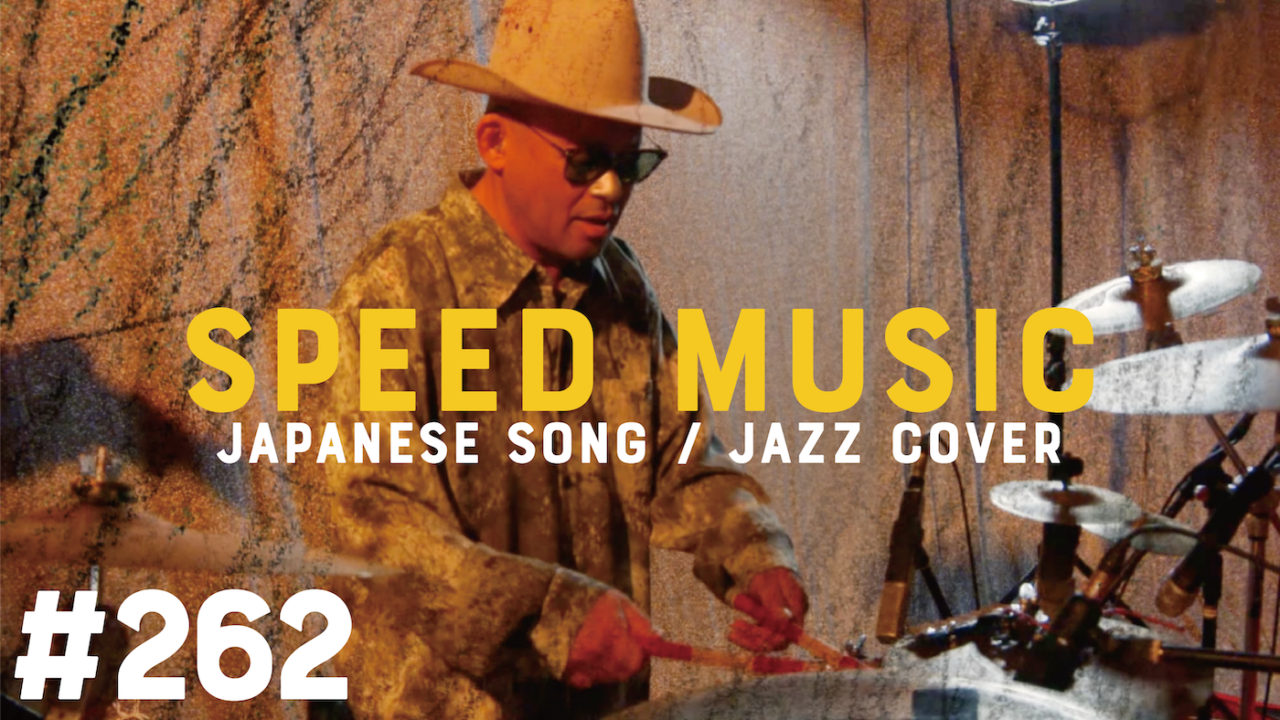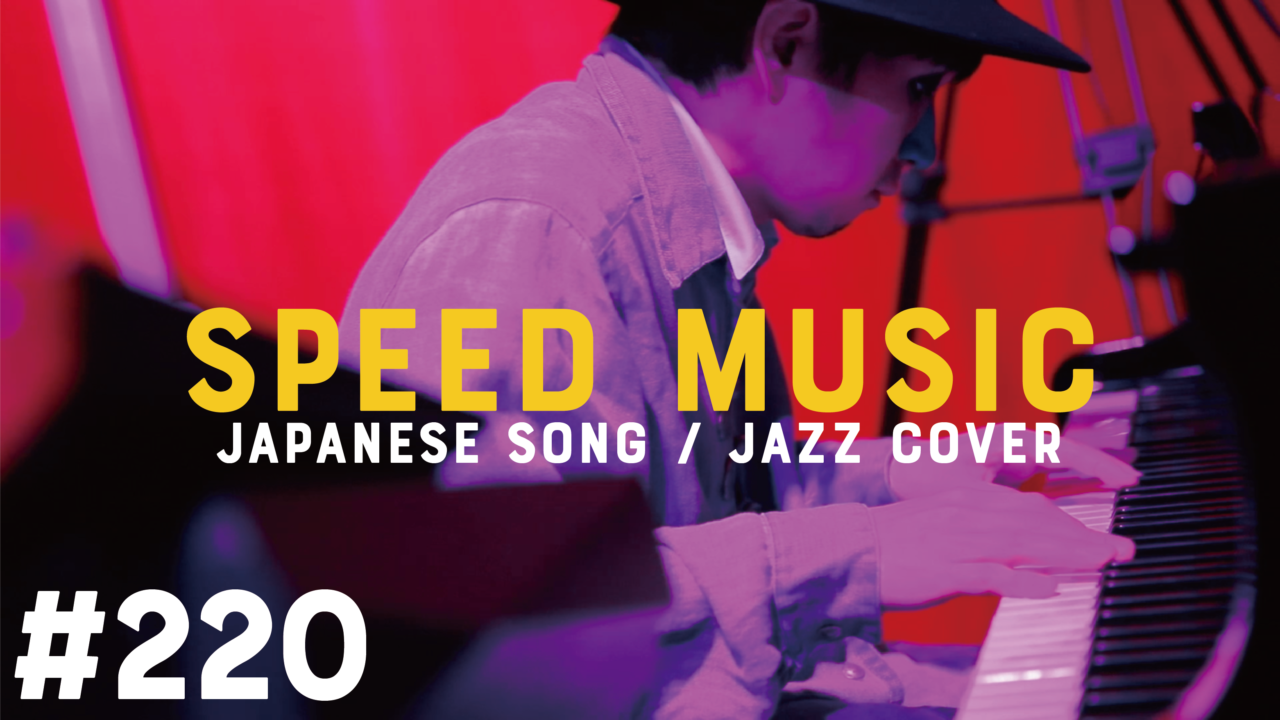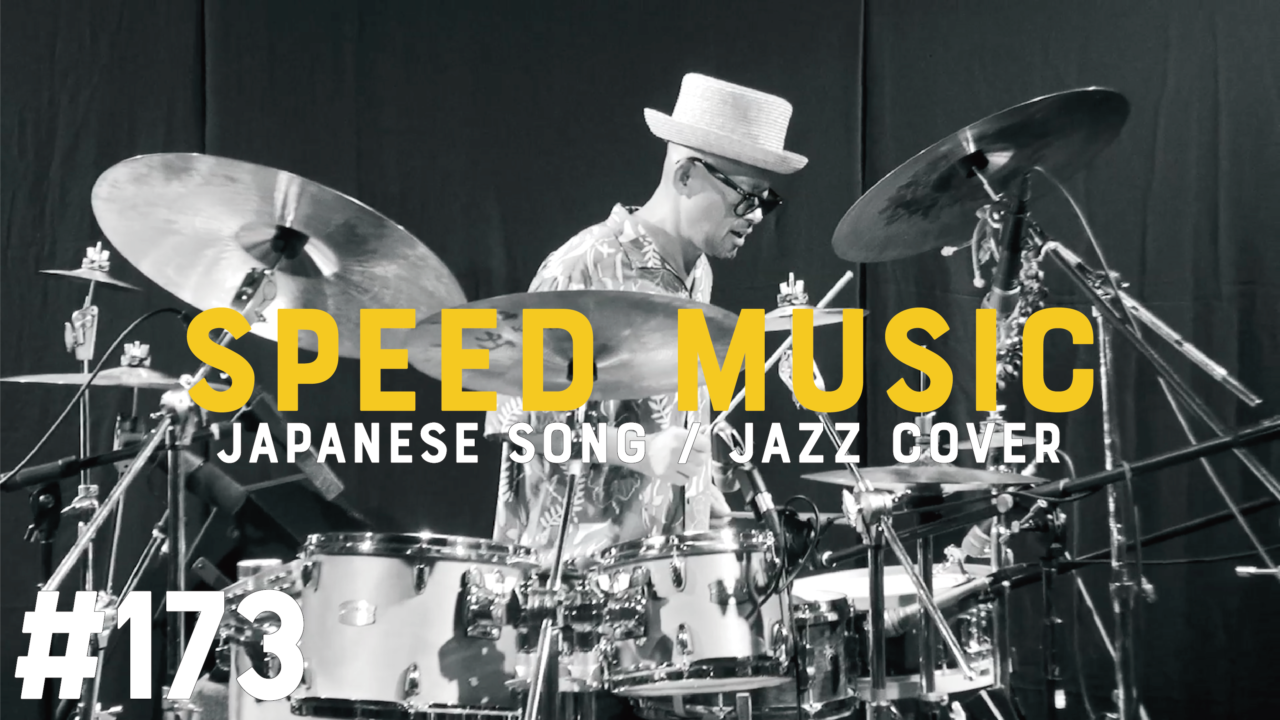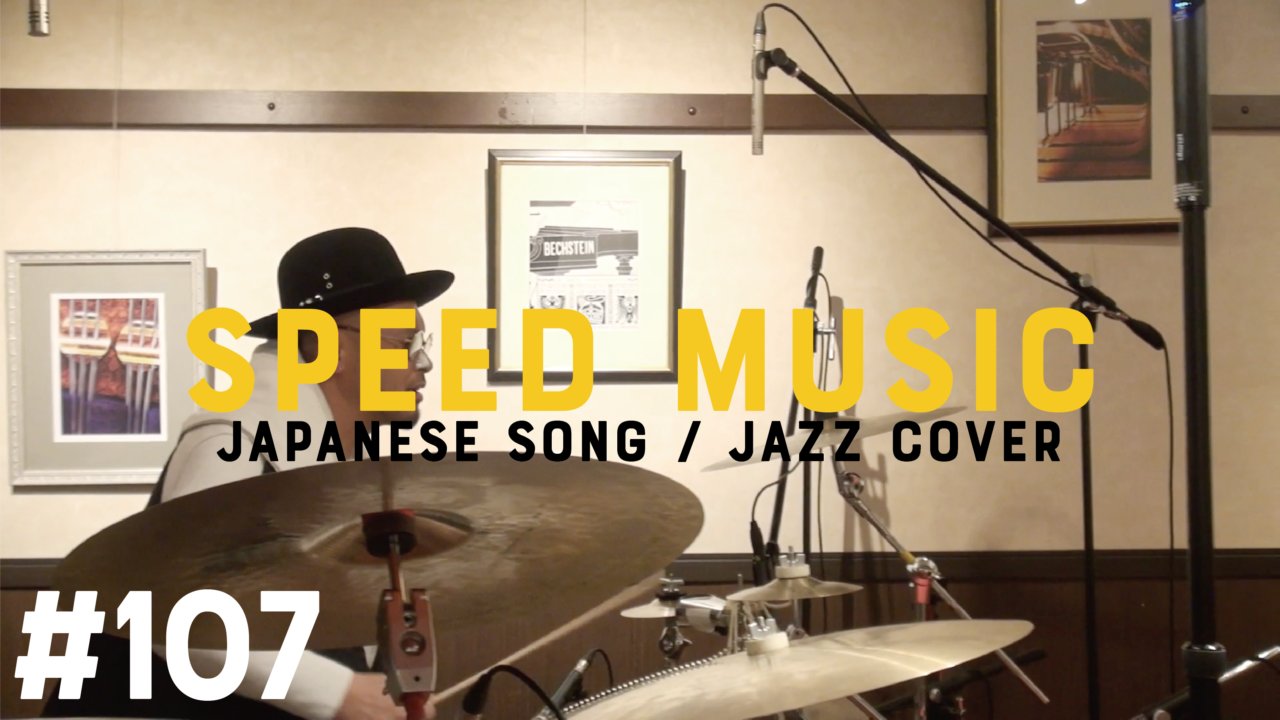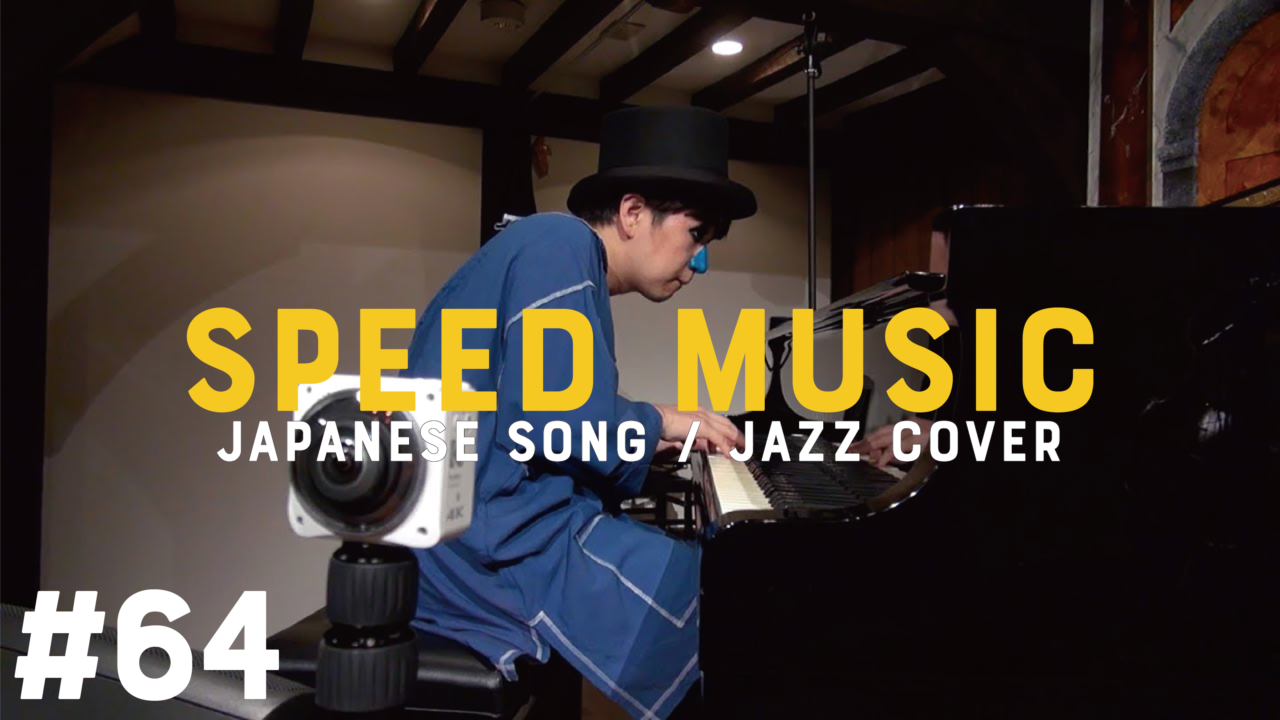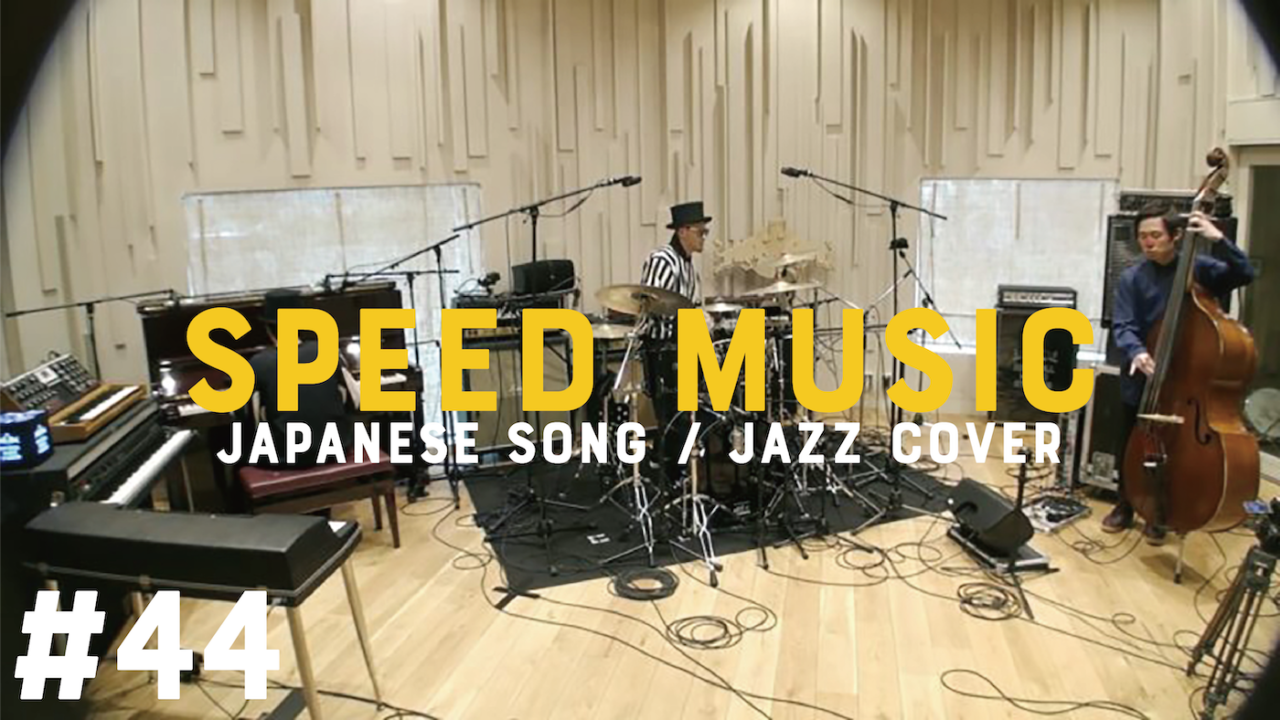#44 One more time, One more chance / 山崎まさよし by H ZETTRIO
山崎まさよし通算4枚目のシングル。1997年1月22日発売。山崎の初主演映画である『月とキャベツ』(篠原哲雄監督、1996年)の主題歌に採用され、ロングヒットを記録した、初期の代表曲のひとつ。映画公開に併せシングルが発売され、累計売り上げ30万枚を越えるヒット作となった。歌詞の中には山崎が上京当時居を構えた「桜木町」(神奈川県横浜市中区および西区)の地名が登場する。また「急行待ちの踏切」などの言葉も登場することから、歌の舞台が東急東横線沿線であることを窺わせる。(フリー百科事典 ウィキペディア日本語版より:https://x.gd/bYi8G)
Masayoshi Yamazaki's fourth single in total. Released on January 22, 1997. One of Yamazaki's early signature songs, it became a long-running hit and was used as the theme song for Yamazaki's first film,'' Moon and Cabbage'' (directed by Tetsuo Shinohara, 1996). A single was released in conjunction with the movie's release, and it became a hit with cumulative sales of over 300,000 copies. In the lyrics, the name of ''Sakuragicho'' (Naka Ward and Nishi Ward, Yokohama City, Kanagawa Prefecture), where Yamazaki lived when he moved to Tokyo, appears. Also, words such as ``a railroad crossing waiting for an express train'' appear, indicating that the song is set along the Tokyu Toyoko Line. (From the free encyclopedia Wikipedia Japanese version: https://x.gd/bYi8G)

